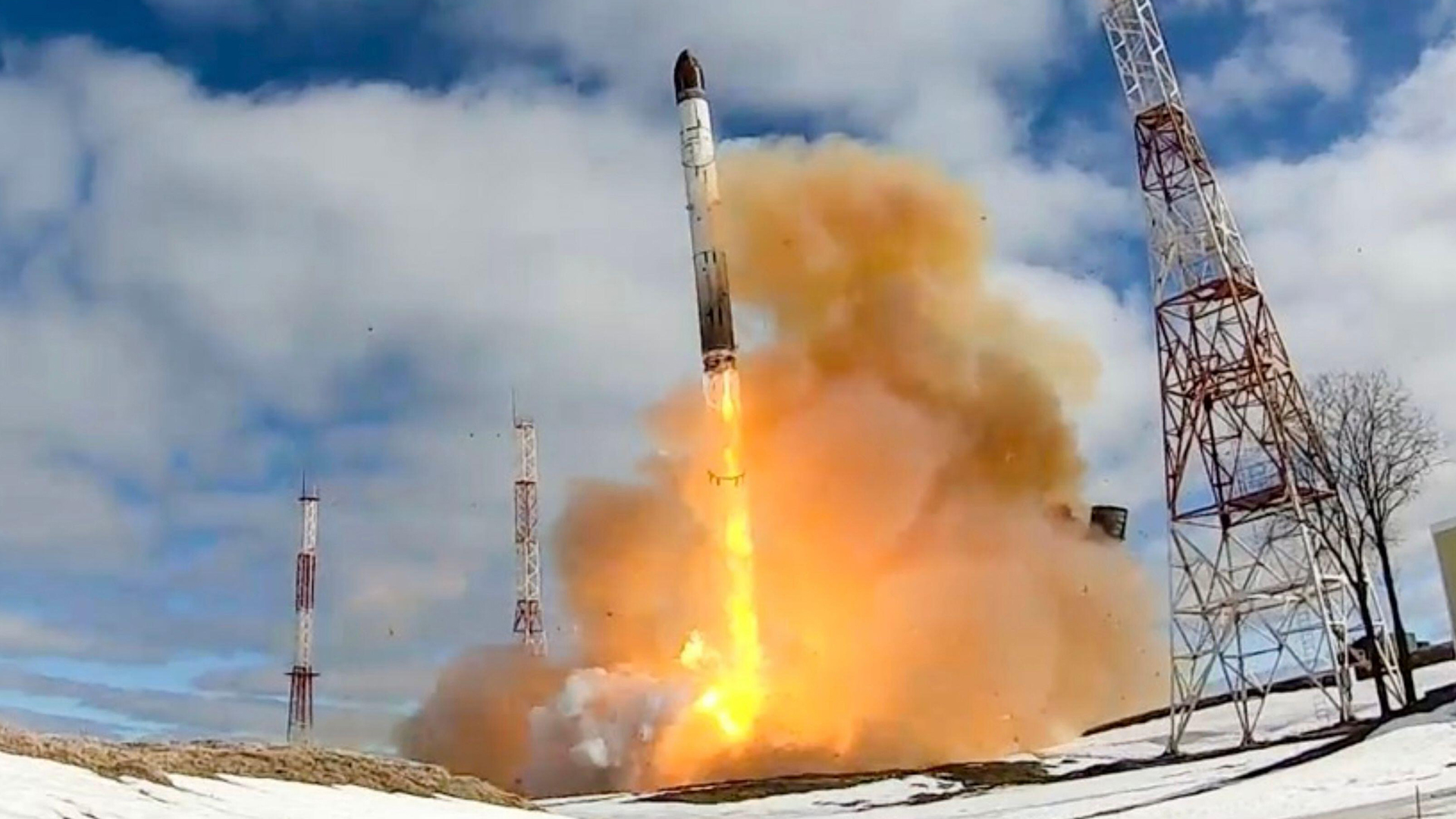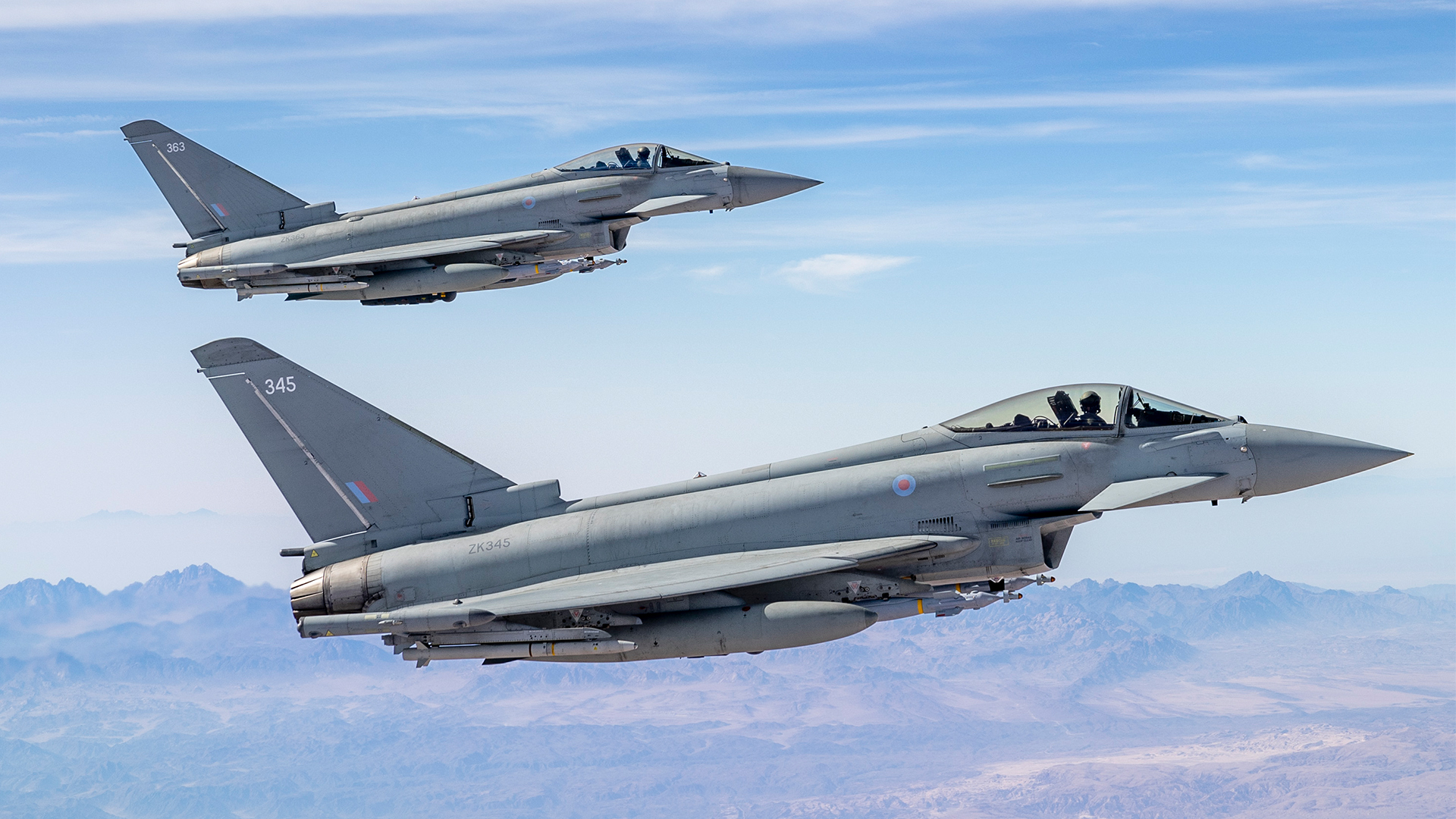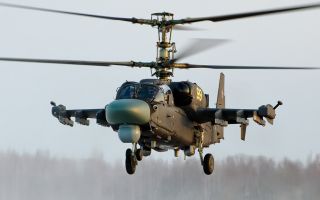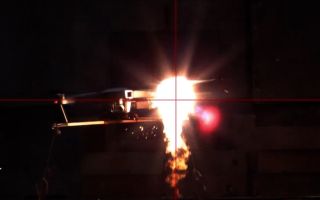
Russia will be ready for war with alliance by 2030, Nato Secretary General predicts

Russia could be ready to use force against Nato within five years, Nato Secretary General Mark Rutte has warned.
"The new generation of Russian missiles travel at many times the speed of sound," he said.
"The distance between European capitals is only a matter of minutes. There is no longer east or west. There is just Nato."
Mr Rutte was speaking on a visit to the UK, during which he commended Prime Minister Sir Keir Starmer on the contents of the Strategic Defence Review.
"It is not only about the traditional things, of course we need them, like ammunition," he said.
"There is also drones, innovation, building the defence industrial base. It is really broad, it is really making a big impression in Brussels, I can tell you."
Sir Keir said Nato was the "cornerstone of our defence" and the "most effective military alliance the world has ever seen".
The job now, he explained, was to make sure it continues to serve that purpose for decades to come.
Mr Rutte also spoke of his desire for Nato members to spend 5% of GDP on defence, although he did not reveal the deadline.
He said he had a clear view on when he thought alliance countries should get there, but said he would keep it to himself.
Those that do not ramp up defence spending should "learn to speak Russian", he added.

Mr Rutte's comments were largely applauded by Ed Arnold, a senior research fellow at the Royal United Services Institute.
He posted on LinkedIn: "I've previously been very dismissive of Rutte and his damascene conversion to defence.
"But this was a well-timed and executed speech which will help HMG deliver the Strategic Defence Review.
"In lieu of a UK Intelligence Community assessment, 2030 can be taken as a target for readiness.
"I particularly liked his statement that there is no West or East, only Nato. Everyone is a frontline state – because of Article 5 – and should act accordingly.
"More concerning was the tacit acknowledgement that Nato's regional plans are still not fully resourced, regardless of the US commitment."









